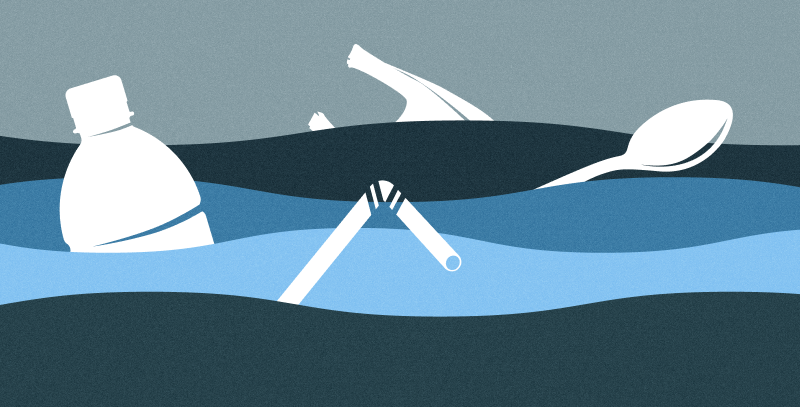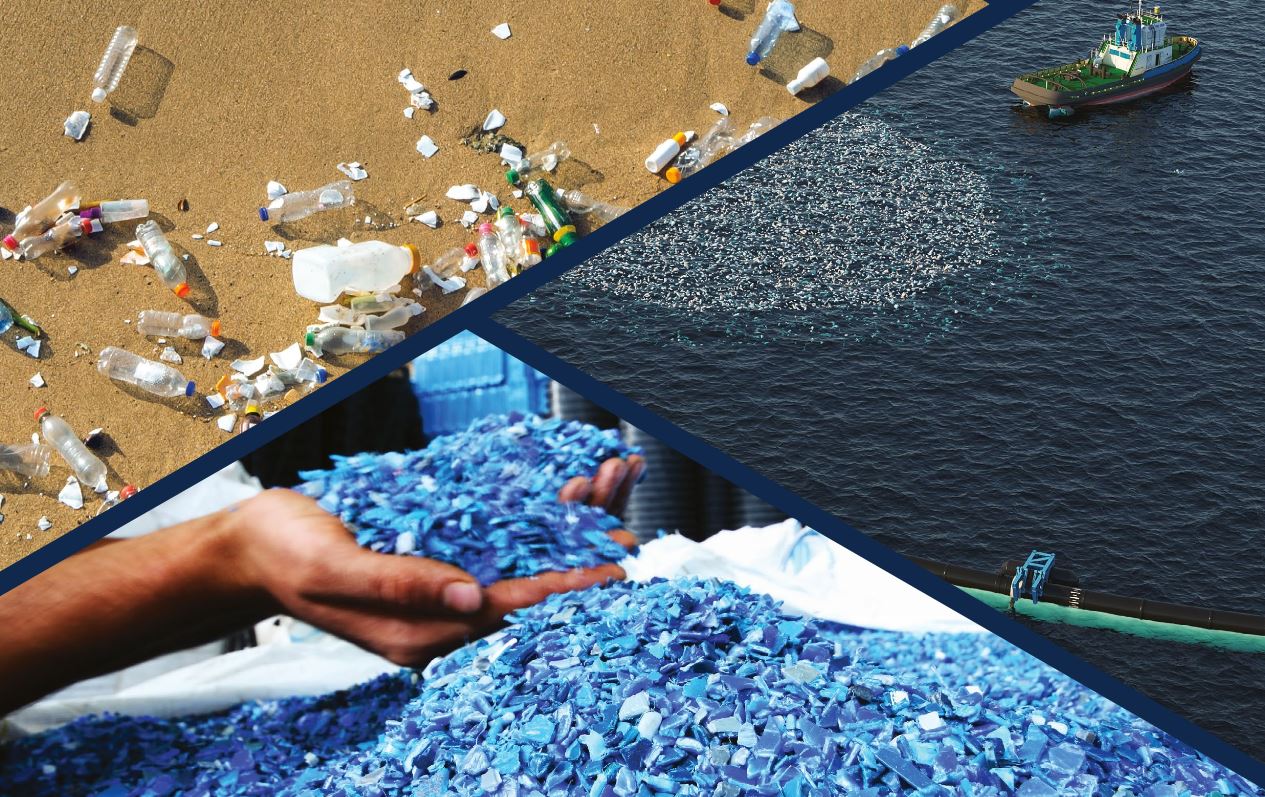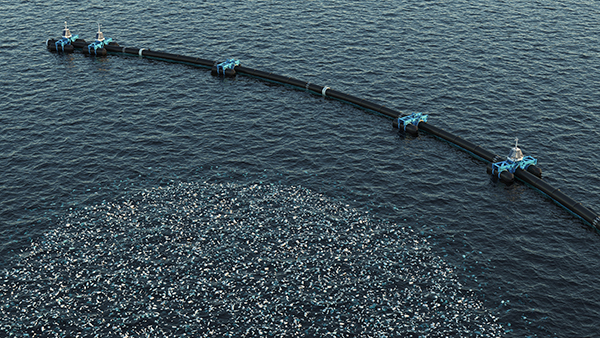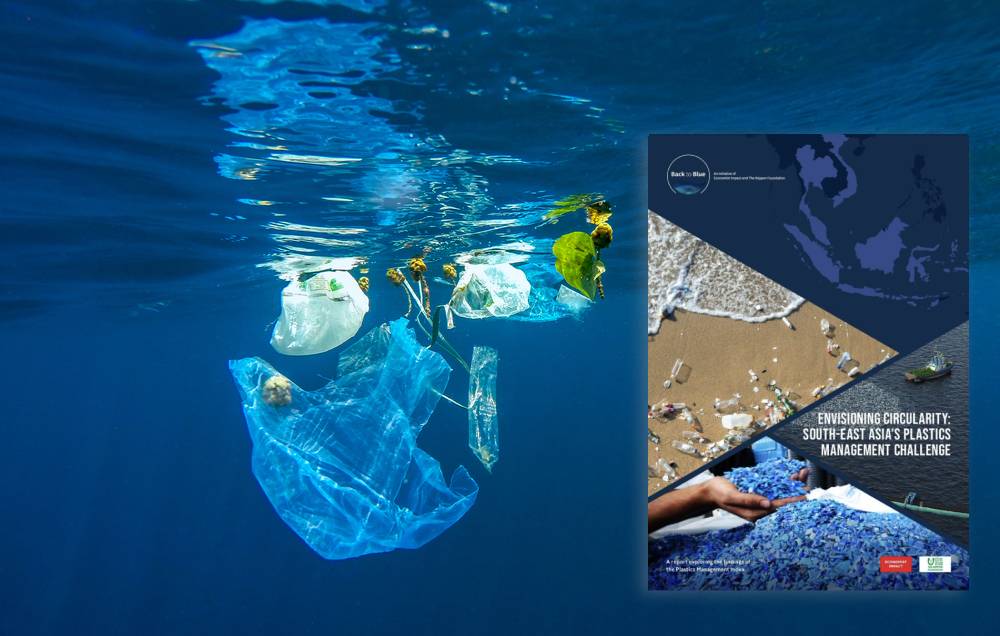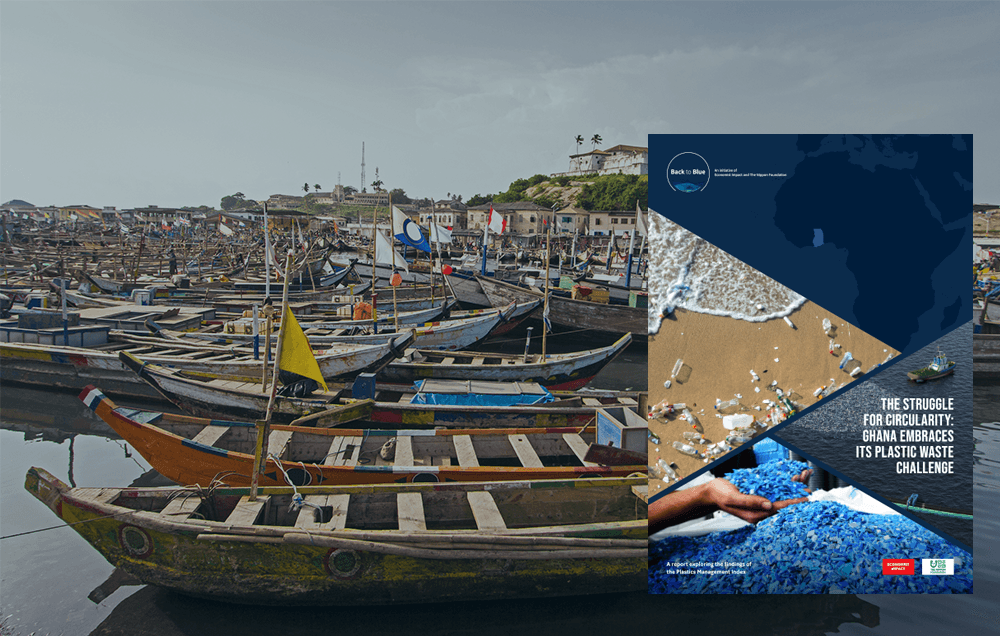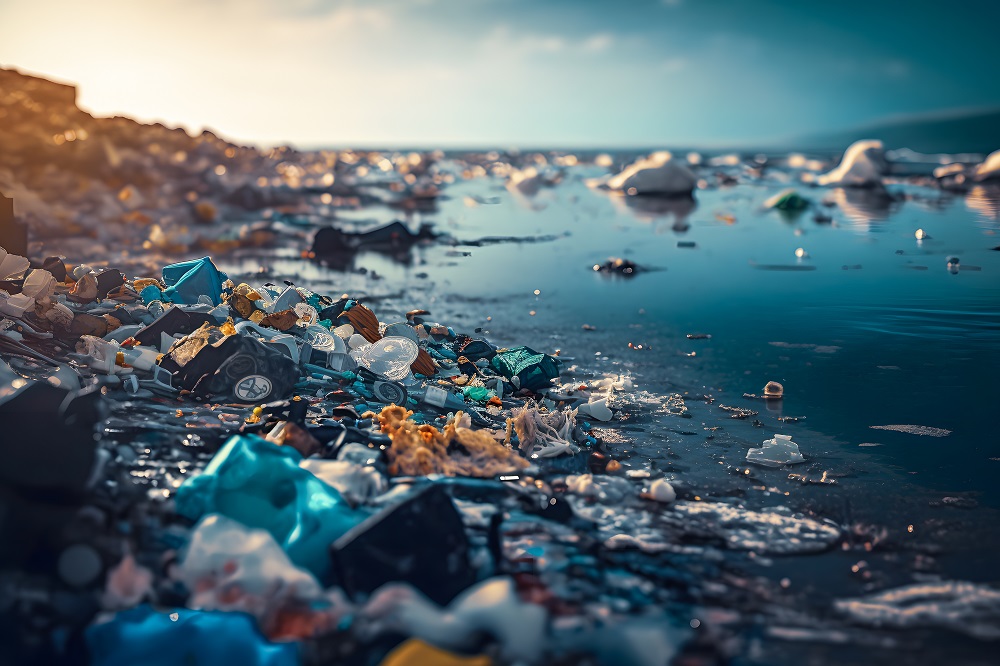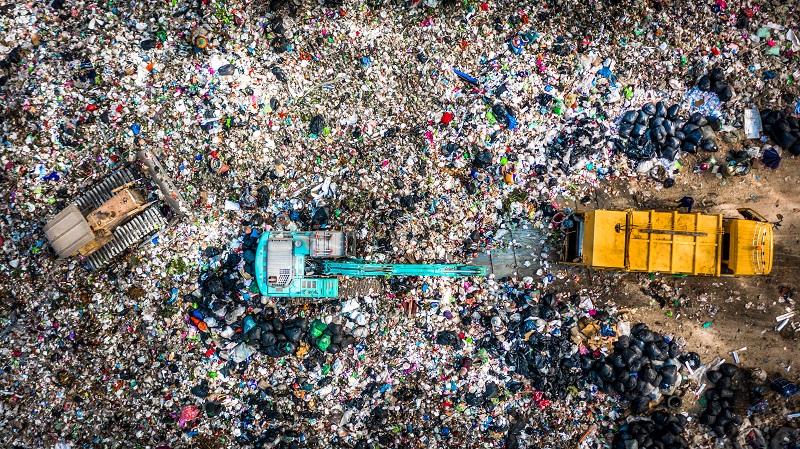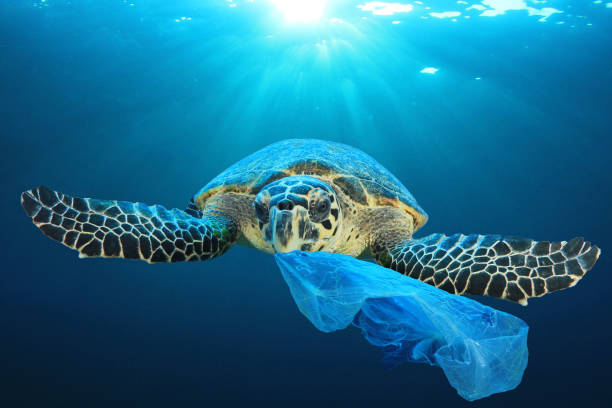CONTENT FROM

To commemorate Japan’s National Ocean Day on July 23rd, the World Ocean Initiative hosted the first webinar in a three-part series on Blue Recovery, sponsored by the Nippon Foundation and the Sasakawa Peace Foundation. The discussion focused on post-pandemic priorities for ocean sustainability in Asia and the Pacific and laid the foundations for the next two webinars on science-led ocean innovation and the delayed ocean “super” year.
Charles Goddard, editorial director for global initiatives at Economist Impact, opened the discussion by acknowledging fresh challenges facing the ocean economy as a result of the pandemic. Disruptions in global supply chains have put deliveries in the fisheries sector under pressure. Shipping, which has seen fewer emissions because of reduced trade volumes, is experiencing a new crisis: seafarers have been stranded on ships, unable to return onshore due to lockdowns.
With tourism grinding to a halt, up to 40% of the GDP of small island development states (SIDS) has been impacted. Covid-19 has also triggered a new pandemic in plastic pollution, not least due to the rapid uptick in demand for single-use plastics such as personal protective equipment. Nations in Asia and the Pacific are grappling with similar issues along with existing climate-related threats such as extreme weather conditions.
Indeed, webinar attendees acknowledged the severity of the pandemic’s impact in a poll. Just under 90% indicated that covid-19 has “severely” (49%) or “moderately” (40%) impacted their ocean sector.
Undeniably, the progress the world was hoping to make towards ocean sustainability in the year 2020 has slowed considerably. But across the board the distinguished panel of speakers reiterated the urgent need to keep national and global agendas on track. “The challenges facing the ocean are becoming more diverse and complex at a pace previously unimagined,” said Yohei Sasakawa, chair of the Nippon Foundation. “It calls for corrective action across all sectors to reach a viable solution,” he explained.
“We cannot go back to the same place as before covid-19,” echoed Atsushi Sunami, president of the Sasakawa Peace Foundation and the Ocean Policy Research Institute. “We need to live in the ‘new normal’. To do so we need transformation, innovation, co-operation and partnerships.” The second audience poll revealed that supportive policies and partnerships are paramount (see figure 2).
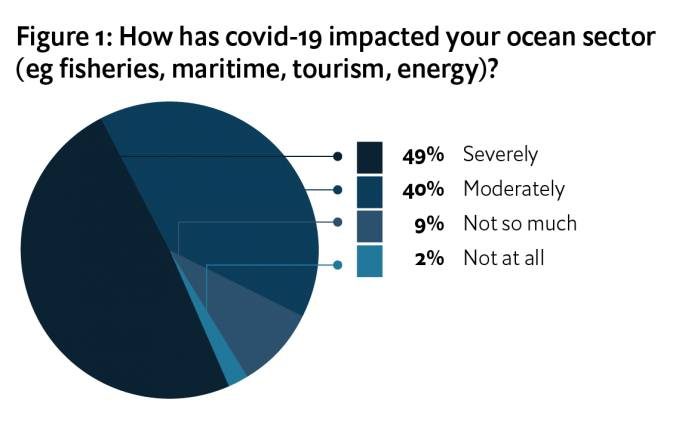
Partnerships for investment
Navigating the new normal calls for a move away from traditional top-down policies to greater public-private collaboration, says Mr Sasakawa.
Tommy Remengesau, president of the Republic of Palau (which has experienced a 23% decline in GDP resulting from a fall in tourism), presented an example of a successful partnership. As Palau set up the National Marine Sanctuary earlier this year, the challenge of monitoring the large ocean space for illegal, unreported and unregulated fishing was daunting, he said. Recognising this, the Nippon Foundation in Japan contributed towards a coast guard ship that today allows Palau to conserve its waters effectively.
Partnerships such as this are needed to channel investments into a sustainable ocean economy. Analysis from the High-Level Panel for a Sustainable Ocean Economy reveals that a US$5 return is generated for every US$1 investment in sustainable ocean solutions. Beyond environmental, social and governance (ESG) frameworks, Mr Sunami outlined a role for blue finance instruments such as blue bonds and insurance. He cited work with the Asian Development Bank and US-based Stimson Center on this front.
Investments will also be required to scale up initiatives in the private sector, such as those of Refinverse, a Japanese waste treatment company. The firm’s managing director, Tatsuhiko Kashimura, explained how Refinverse works with the fisheries sector by collecting discarded fishing nets which would otherwise end up in landfills or the ocean. These are recycled into pellets and used for auto parts, construction materials and farming tools. They currently recycle roughly 300 tonnes of nets every year, but plan to increase that to 2,000 tonnes in the coming years. Such efforts address issues around plastic pollution, which is particularly acute in Asia and the Pacific.
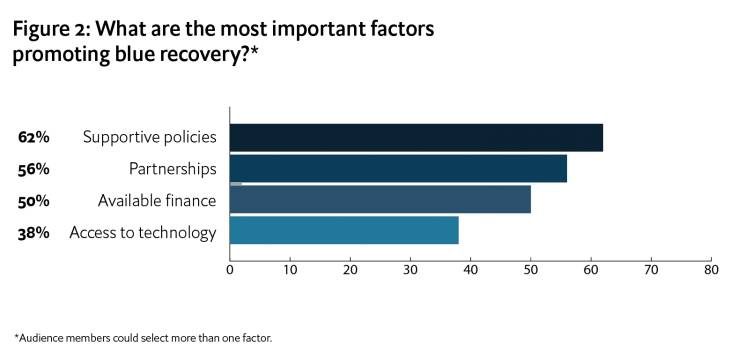
Tech talk
Innovation in technology was a central theme. Mr Sasakawa emphasised that digitalisation of the ocean industry has the potential to drive dramatic changes in logistics, navigation safety, ocean observation, communication and security.
In discussing the role of technology, Armida Alisjahbana, executive secretary at the United Nations Economic and Social Commission for Asia and the Pacific (UN-ESCAP), emphasised the importance of data. Today, data are available for only 2 out of 10 targets under SDG 14 (the goal dedicated to life below water). Significant knowledge gaps remain, Ms Alisjahbana explained. Ocean data is vital to calculate the contribution of ocean-related sectors to the economy and to track whether investments are building ocean wealth for future generations. Regional co-operation will be imperative to align methodologies, overcome limited country-level experience and reduce high data collection costs.
Building bluer in Asia and the Pacific
Amid the tragedy of the coronavirus pandemic, there is an opportunity to ensure that our economic recovery is truly sustainable. The ocean economy has an important role to play in this: expansion of renewable energy, blue carbon and sustainable seafood could contribute to a fifth of emissions reduction required to meet the Paris Agreement target. “We have the responsibility to pass on the ocean to humanity,” said Mr Sasakawa. “In order to fulfil this important task, let us think, act and walk together.”
Please join the second webinar “Science, innovation and the blue recovery” on Wednesday, August 26th, 2020 (5pm JST / 9am BST / 10am CEST) and the third webinar “The blue recovery and the delayed ocean ‘super’ year” on Thursday, September 3rd 2020 (9pm JST / 1pm BST / 2pm CEST). Learn more about the Blue Recovery Series
From the World Ocean Initiative:
The original version of this article can be found on the World Ocean Initiative website. Economist Impact cannot accept any responsibility or liability for reliance by any person on this article or any of the information, opinions or conclusions set out in the article.
THANK YOU
Thank you for your interest in Back to Blue, please feel free to explore our content.
CONTACT THE BACK TO BLUE TEAM
If you would like to co-design the Back to Blue roadmap or have feedback on content, events, editorial or media-related feedback, please fill out the form below. Thank you.












